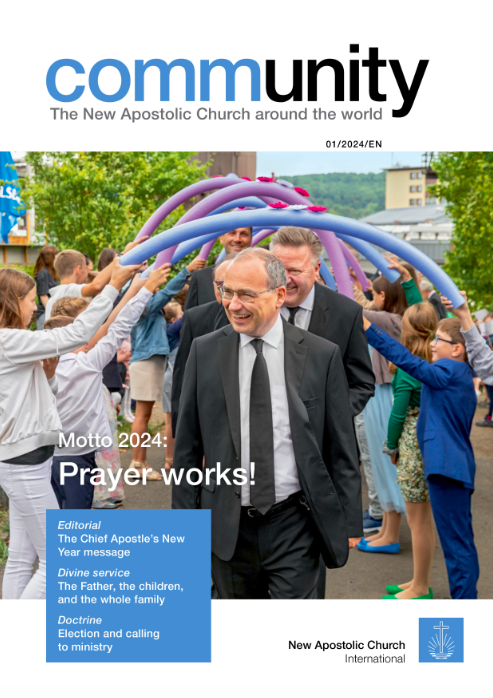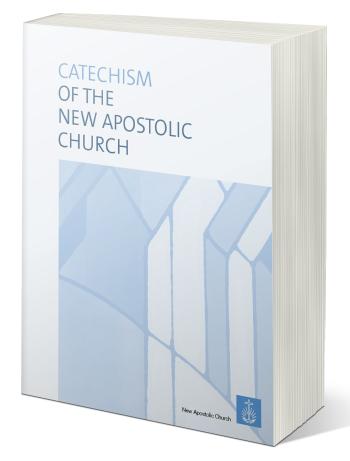Thoughts on the Bible text
“ Therefore I urge you to take nourishment for this is your survival, since not a hair will fall from the head of any of you.” And when he had said these things, he took bread and gave thanks to God in the presence of them all; and when he had broken it he began to eat.
Acts 27: 34–35
Introduction – Paul’s voyage to Rome
Acts 27 tells of a dangerous voyage taken by the Apostle Paul. Paul embarks on the trip from Caesarea to Rome as a prisoner (verse 1). The journey takes a long time and is subject to violent storms and the loss of navigation so that all of those on the
ship fear for their lives (verse 20).
In the middle of this hopeless situation it is revealed to Paul by God that it is His will that Paul should appear before Caesar in Rome and therefore all those on the ship will be saved for his sake (verses 21–26). He therefore encourages his fellow travellers to trust in the word of God.
Despite this promise of God, the sailors attempt to abandon ship, but fail in their attempt to escape in a skiff (verses 30-32). After the exhausting troubles at sea (verses 27, 33), the Apostle invites everyone to eat with him, reiterating that no one will be harmed (verses 34–35). The soldiers, however, decide to kill Paul and the other prisoners, but this is prevented by the intervention of the Centurion (verses 42–43). In the end, all 276 passengers experience the miracle of their delivery and thus the fulfilment of God’s promise (verse 44)
Being a Christian in the trials of life
The events of Paul’s voyage can be seen as an image for the journey Christians make towards God. We also feel at times that we are “prisoners” who are subject to the whims of others or the forces of evil. Many of our endeavours can seem
unsuccessful and our life plans can sometimes become confused. We become despondent due to the impact these influences have and our faith can suddenly begin to falter.
Living as a Christian is no guarantee that everything in life will go smoothly and just as Paul was not spared hardship and persecution, we too find ourselves at times in situations that cause distress and need. We do not, however, want to be like the sailors and leave the “ship” (the gospel and the Church) in a skiff.
We especially experience divine revelation and closeness to God in the divine services at which point Jesus wants to be in our midst (Matthew 18: 20). He knows us better than we know ourselves and will take care of us (Matthew 10: 30).
Paul’s preparing of a meal on the ship is not a celebration of Holy Communion, but its words remind us of the accounts of the Last Supper in the New Testament (Mark 14: 22–25). Christians cannot live without Christ. Their humility and their faith make it clear to them that Jesus is really present in the Lord’s Supper and that He strengthens them in their trials and gives them certainty in their faith.
Our redemption and our eternal salvation are assured if we trust in God’s help in spite of all tribulations in life and when we hold fast to the promise of the return of the Lord Jesus.
WG DSG 09/2020


